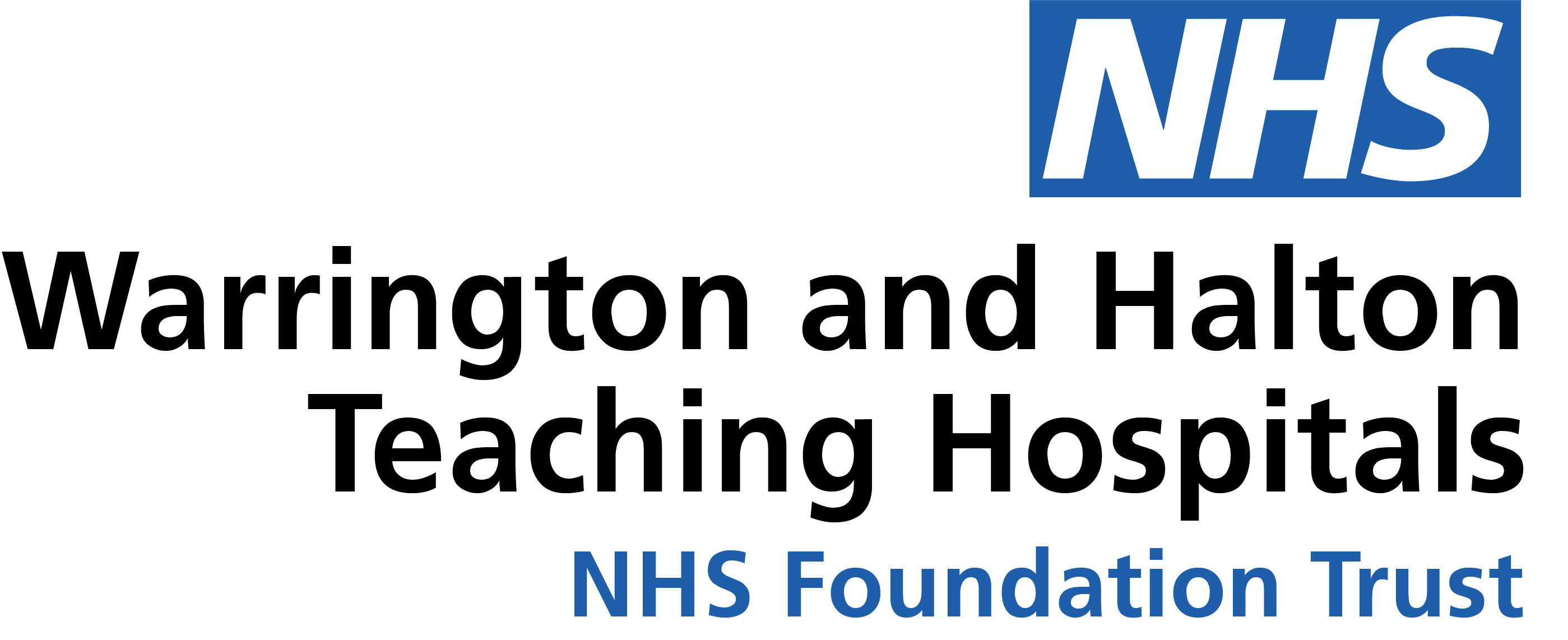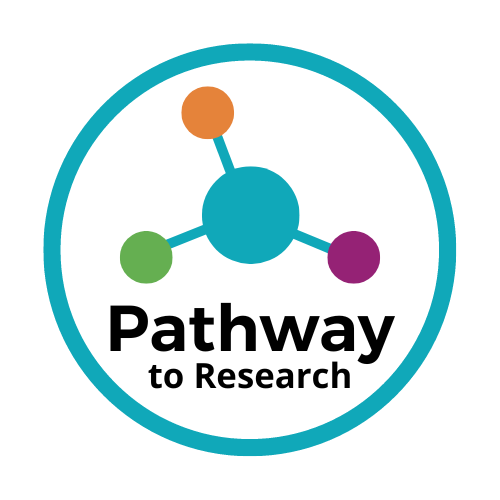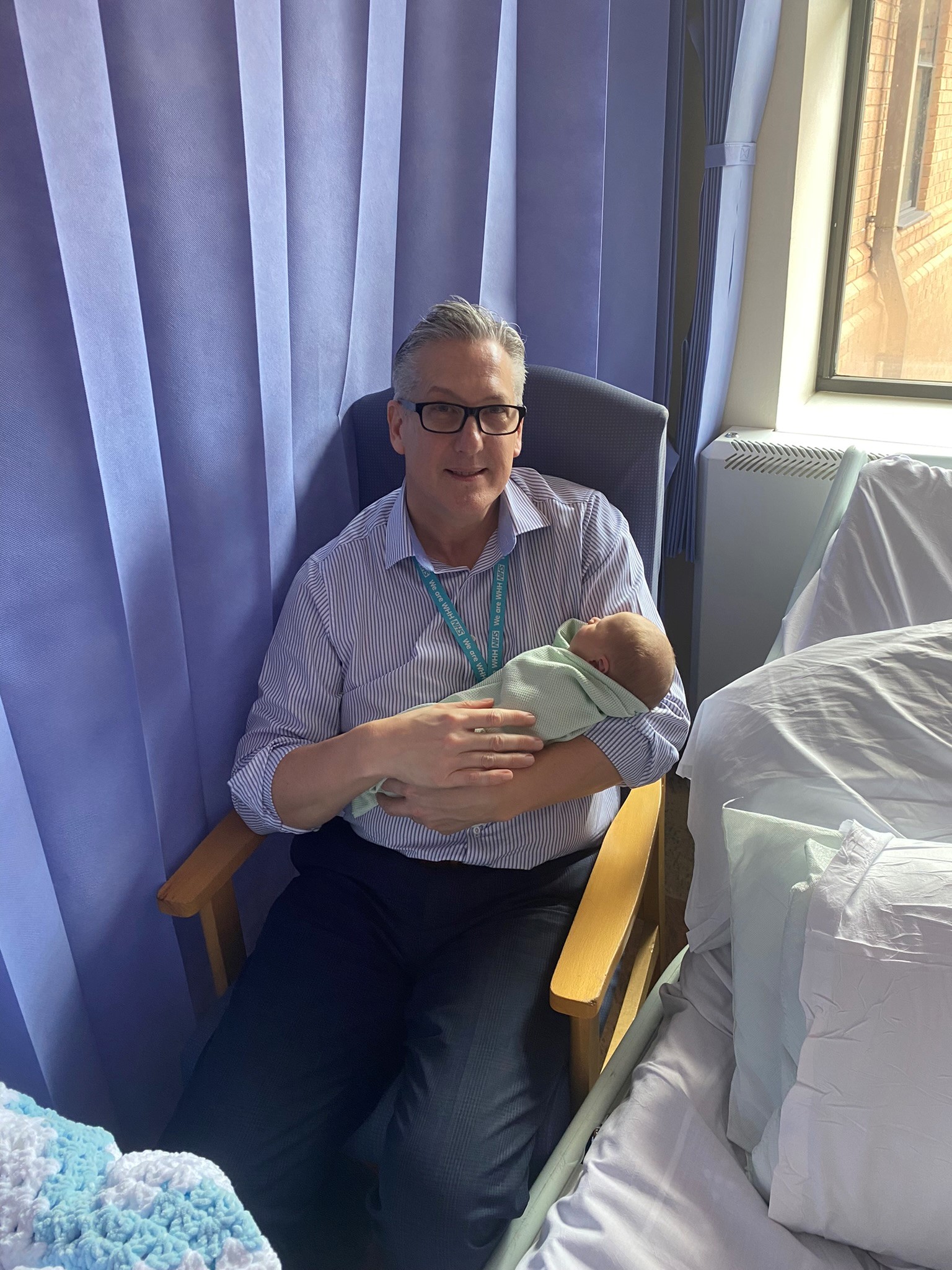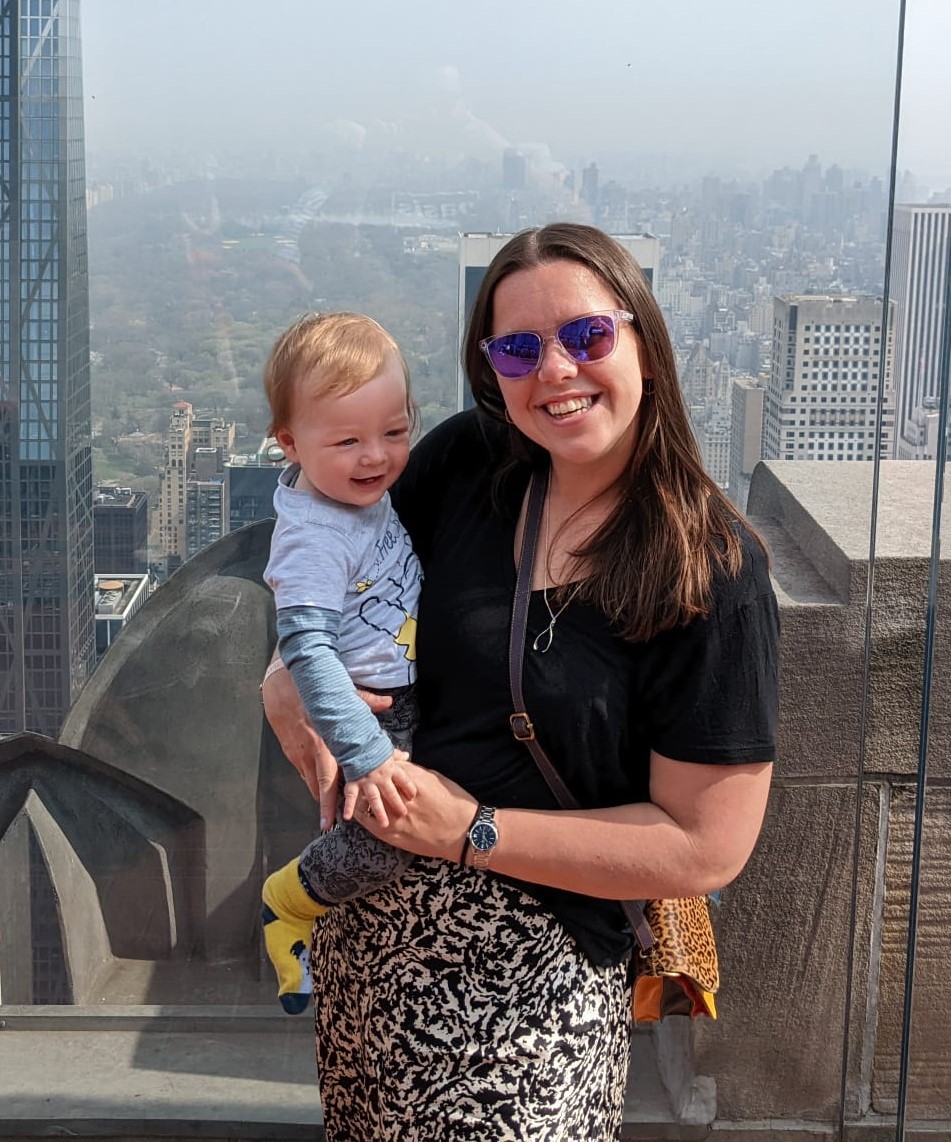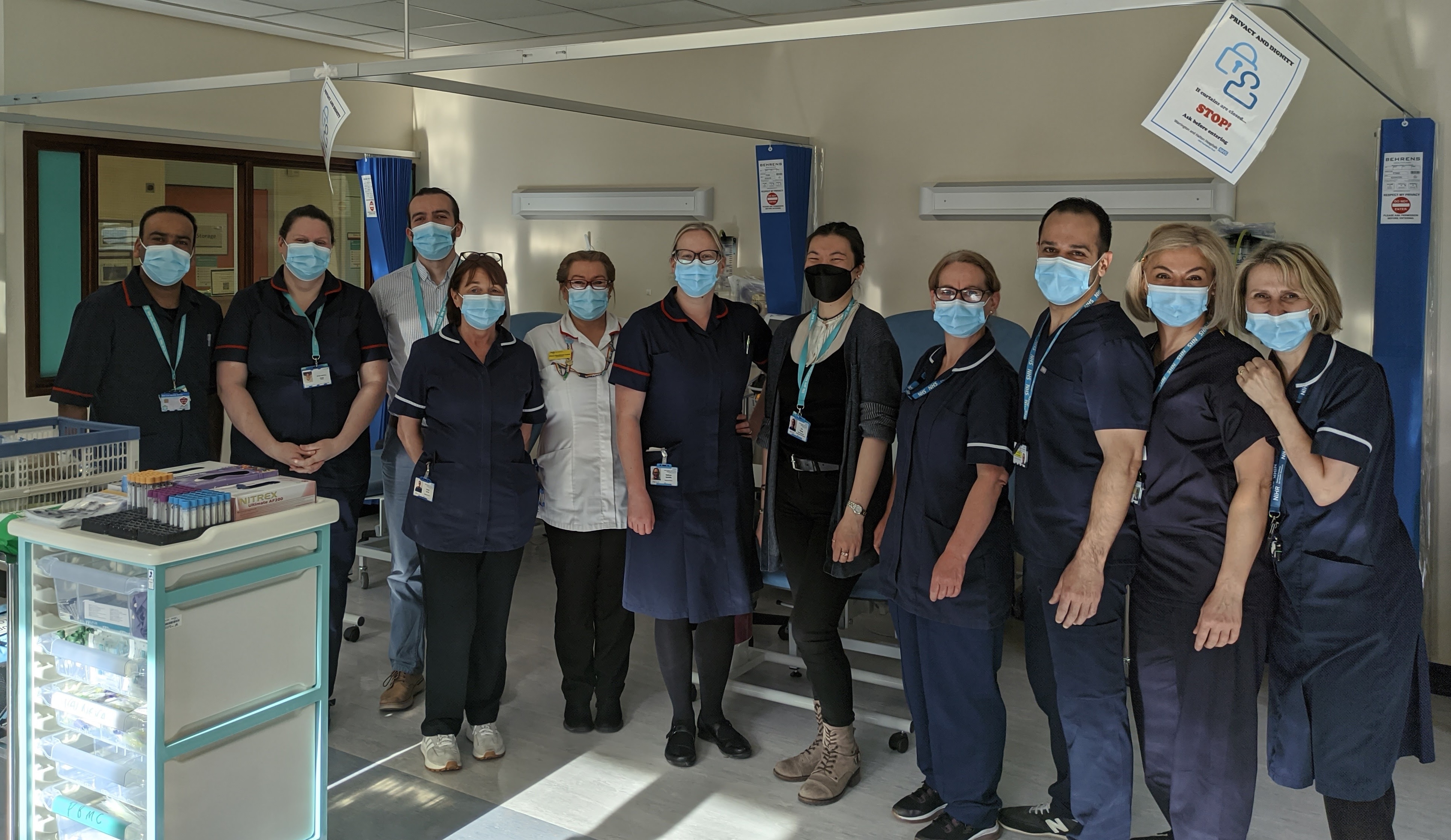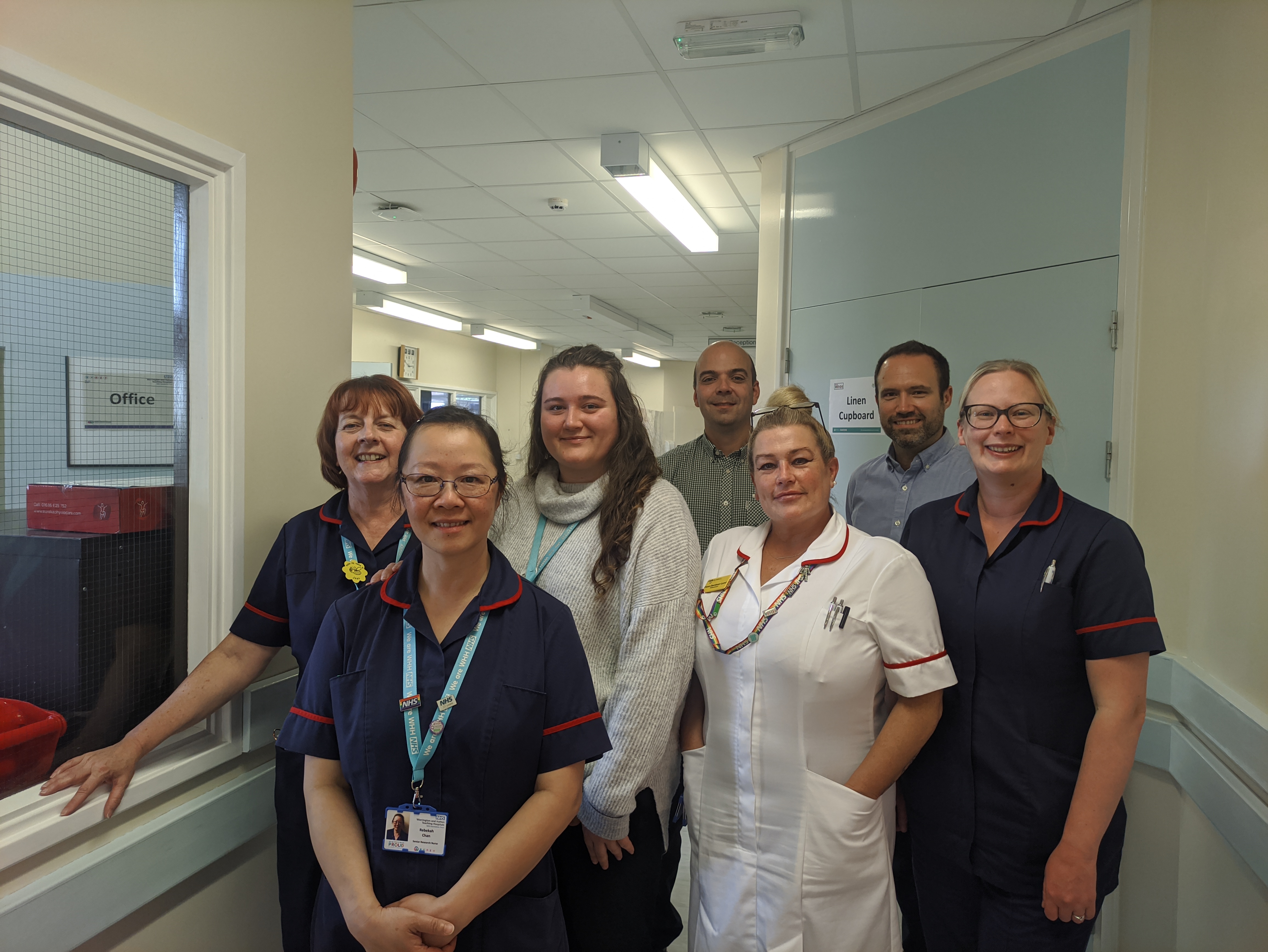PATIENTS and members of the public are being urged to consider taking part in vital clinical research at Warrington and Halton Hospitals NHS Foundation Trust (WHH) ahead of a national awareness day.
The Trust’s dedicated Clinical Research Unit, based in the Nightingale Building at Halton Hospital, opened its doors just over two years ago and during that time it has gone from strength to strength, contributing to several major research studies.
Among its achievements to date, it recruited the highest number of volunteers to a commercial COVID-19 vaccine study sponsored by Moderna. It also secured a ‘global first’ by recruiting the first volunteer for an international Sanofi gastroenterology study looking at adults with moderate to severe ulcerative colitis.
Now the hospitals’ Research and Development team is encouraging people in Warrington, Runcorn and Widnes, as well as the wider Cheshire and Merseyside area, to consider signing up to its Pathway to Research programme ahead of International Clinical Trials Day, which takes place on Saturday 20 May.
Pathway to Research is a secure database for patients and residents who would like to be contacted about future research studies.
Kirsty Pine, Associate Director of Research and Development at WHH, said: “Warrington and Halton Teaching Hospitals NHS Foundation Trust is a research-active hospital and has a range of research taking place, from clinical trials of new medicines to questionnaire-based studies.
“We need volunteers to take part in research as it is the best way for us to improve our understanding of illness and build evidence for developing better treatments.
“Joining the Pathway to Research database provides an exciting opportunity for residents to get involved in supporting the Trust’s vital clinical work. It is completely voluntary and you can sign up whether you are healthy, take medications and/or have one or more health conditions.”
The Trust has recently recruited infant volunteers up to one year of age for the Harmonie trial, which looks at how strongly babies can be protected from serious illness due to RSV infection (Respiratory Syncytial Virus) by giving them a single antibody immunisation.
RSV is a common virus that affects the majority of infants in their first few years of life and usually causes a mild, cold-like illness. However for some it can lead to more severe lung problems such as pneumonia, and is one of the leading causes of hospitalisations in babies that are mostly otherwise healthy. Over the past year there has been a resurgence of RSV following the easing of coronavirus public health measures.
One of the youngest residents to have taken part in the study is three-month-old Max Morley, grandson of Warrington and Halton Hospitals’ Chief Executive Simon Constable. Simon’s daughter Chloe Constable, a neonatal intensive care nurse at Warrington Hospital, signed up for the trial shortly after Max was born.
Chloe, who lives in Widnes with partner Kane and two-year-old daughter Mila, said: “I knew about the Clinical Research Unit from working at the hospital anyway, but when I was discharged after having Max I received an email about the Harmonie trial, so I rang up straightaway.
“I wanted to take part as I know from the studies that have already been done that the vaccine reduces hospitalisations for severe respiratory illnesses for babies, and with being a nurse myself I know how poorly they can become.
“I’m glad we took part as Max has had a lot of coughs and colds since he was born and I think having the vaccine may have prevented him from developing more serious conditions.”
The Trust’s Research and Development Department, supported by its Quality Academy, works with clinical divisions within both Warrington and Halton Hospitals to ensure patients are given the opportunity to participate in high quality research that has been approved by an independent ethical body.
It is also closely involved with key partners National Institute for Health Research (NIHR), Clinical Research Network North West and Liverpool University Hospitals NHS Foundation Trust (LUHFT) in order to further develop its research and investigation opportunities.
Kimberley Salmon-Jamieson, Chief Nurse and Deputy Chief Executive at Warrington and Halton Hospitals, said: “At WHH we are committed to the ongoing development of our vital research and investigation work, and giving the local community the opportunity to take part in a diverse range of studies.
“Participation in clinical research demonstrates our commitment to improving the quality of care we offer, by helping to ensure our clinical staff stay abreast of the latest possible treatment options and because active participation in research leads to successful patient outcomes.”
Ahead of International Clinical Trials Day, members of WHH’s Research and Development team will be manning stands inside the main entrance of Warrington Hospital and in the Nightingale restaurant at Halton Hospital on Friday 19 May, from 10am to 3pm at Warrington, and 11am to 2pm at Halton.
Anyone visiting either hospital on the day can speak to staff about the Pathway to Research and current trials being undertaken at the Trust. Alternatively, for more information call 01928 753303 or email whh.halton.cru@nhs.net
Case study: Harmonie study at Warrington and Halton Teaching Hospitals NHS Foundation Trust (WHH)
HELEN Auger is a paediatric registrar in her fourth year of training and currently on maternity leave with her first son Isaac. The 31-year-old had no hesitation in supporting the Clinical Research Unit at Halton Hospital (HCRU) and Isaac became the first baby to take part in its Harmonie trial.
The research study, a collaboration between Sanofi, its partner AstraZeneca and the National Institute for Health and Care Research (NIHR), looks at whether a one-off injection of Nirsevimab will protect babies from being admitted with RSV bronchiolitis.
RSV is a leading cause of hospitalisation in infants worldwide and affects 90 per cent of children before the age of two. Although it mostly causes a mild illness, even previously fit and healthy babies can be seriously affected and admitted to hospital. In a minority of cases, intensive care may even be required. In the UK around one in 25 of all children born each year are hospitalised with an RSV infection.
Helen, who lives in Sandymoor and works at Leighton Hospital in Crewe, said: “I came to know about the study as there is a small group of paediatrics registrars currently on maternity leave with similar aged children. We meet up regularly and share information, and one of the other mums shared a web link about the Harmonie trial.
“I discussed it with Isaac’s dad, Benjamin Mason, who is a community pharmacist. Through my work as a doctor and Ben’s as a pharmacist we know the importance of research to help inform best and safe practice and I'm also very aware of the effects that the RSV virus can have on children and their families.”
Becoming involved in the trial was a straightforward process, using an online form to submit an initial enquiry. Helen was subsequently contacted by a member of WHH’s research team via a phone call and then invited to attend a face to face appointment with Isaac, who is now 11 months old.
During the meeting the team provided more information about the study and Helen was given the chance to ask any questions before completing the required paperwork.
At this stage, babies are randomly selected to determine whether or not they have the immunisation, and follow up checks then take place via a study app. On this occasion Isaac did not receive the antibody, but Helen said they were well looked after by the team throughout the process.
She said: “I was eager to contribute to the Harmonie study whilst I had a suitable candidate (Isaac) to see the ‘other side’ to research and to help take steps to reduce the burden of childhood respiratory illnesses. The process was very smooth and I couldn't fault the team members we've interacted with.”
The RSV study has involved thousands of infants across the UK, France and Germany, with parents of babies who do receive the antibody dose subsequently asked to provide a quick update each month by answering a few simple questions via a mobile phone app. Helen is now encouraging other Warrington and Halton residents to volunteer for future trials.
“I would absolutely partake in future studies, with or without Isaac,” she added.
“I would also urge others to do so as it's only by testing treatments and tests in a research setting that we can help ensure our interventions are up to date.”

